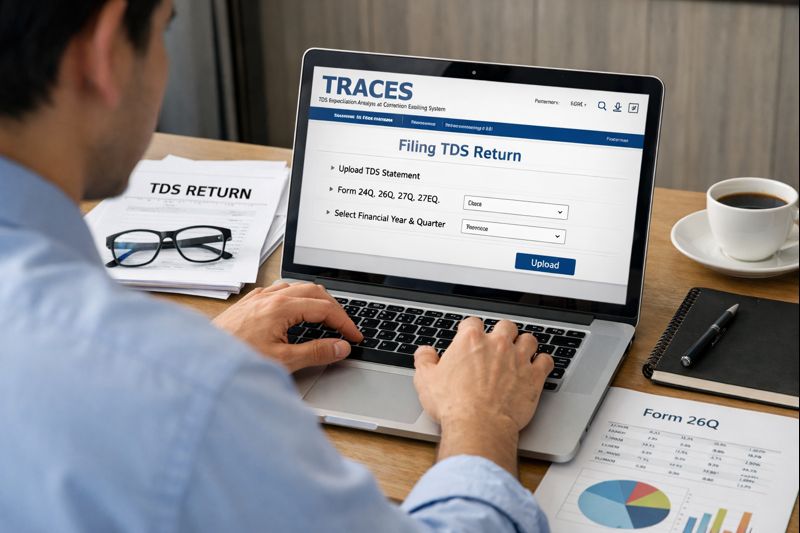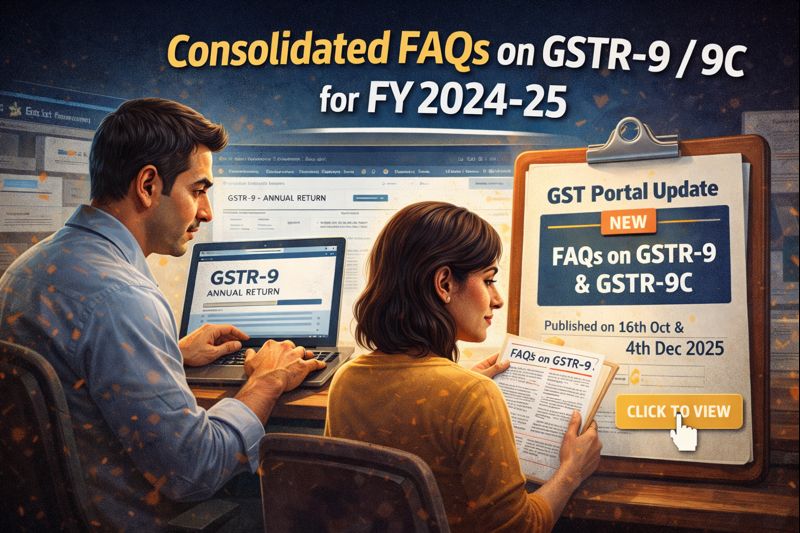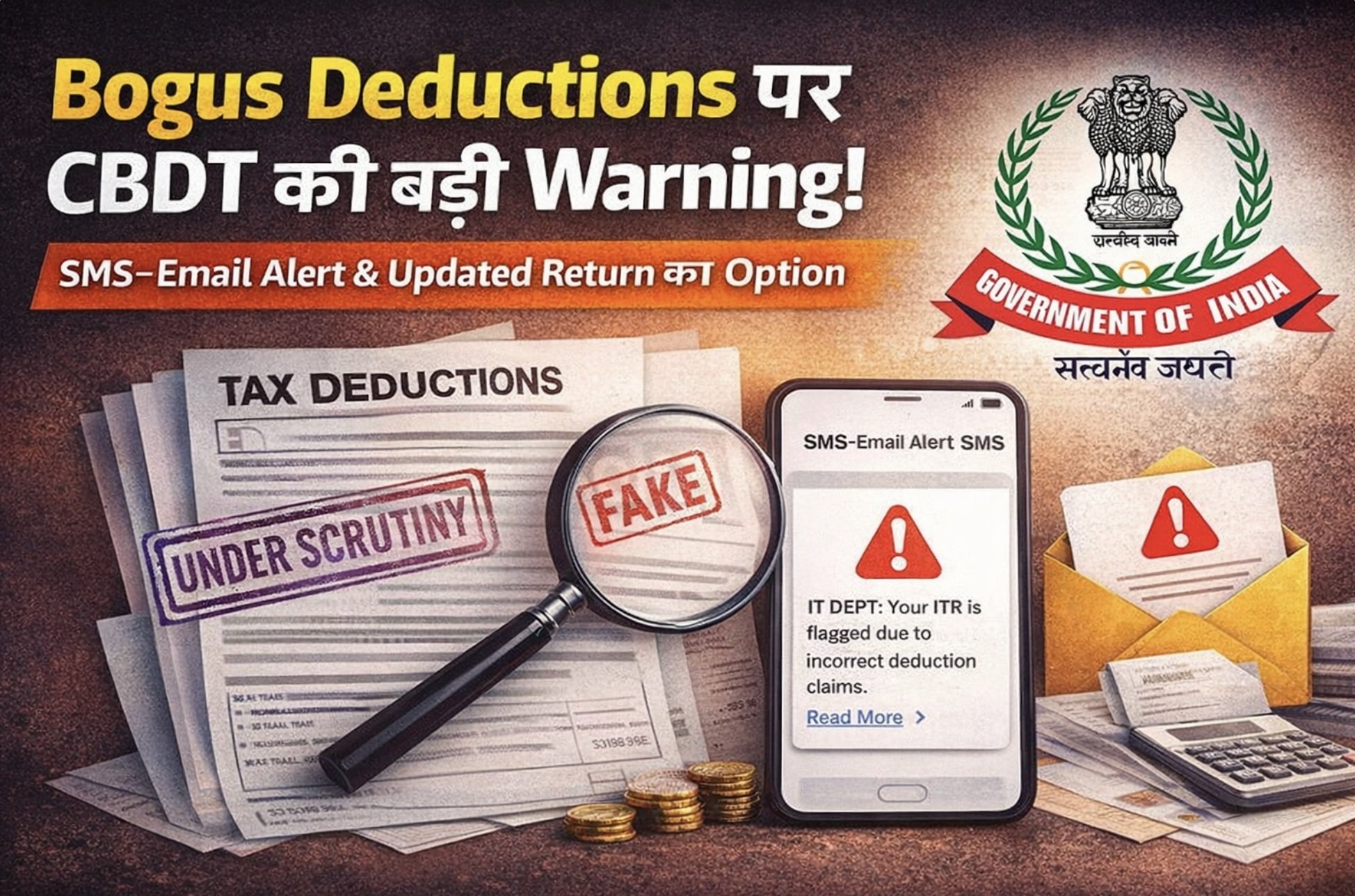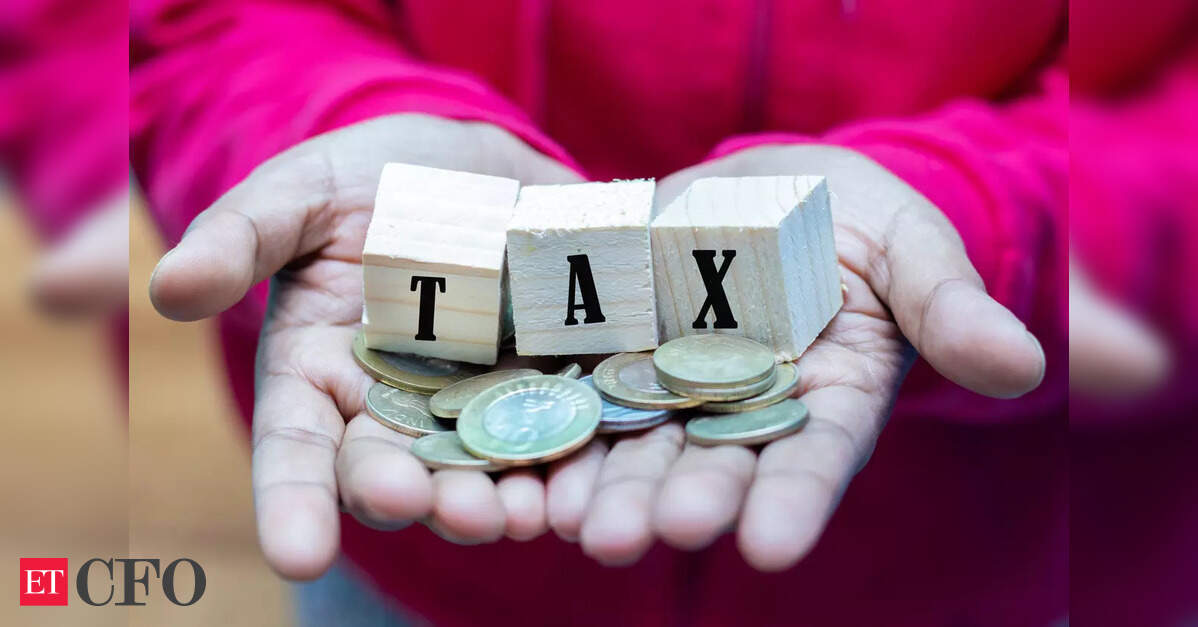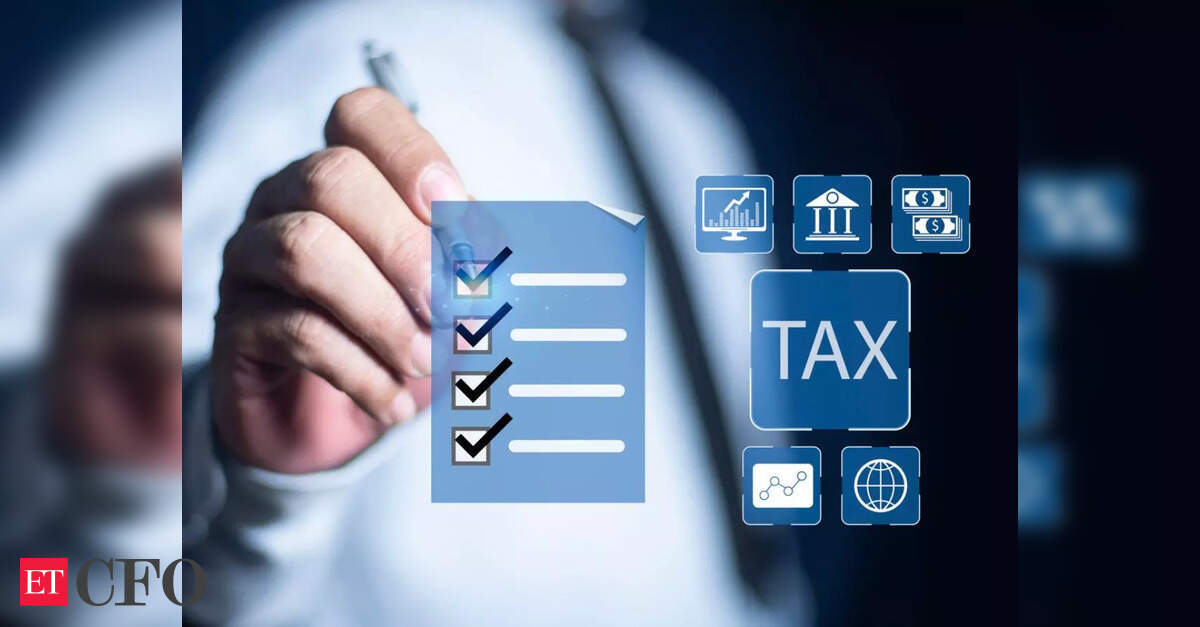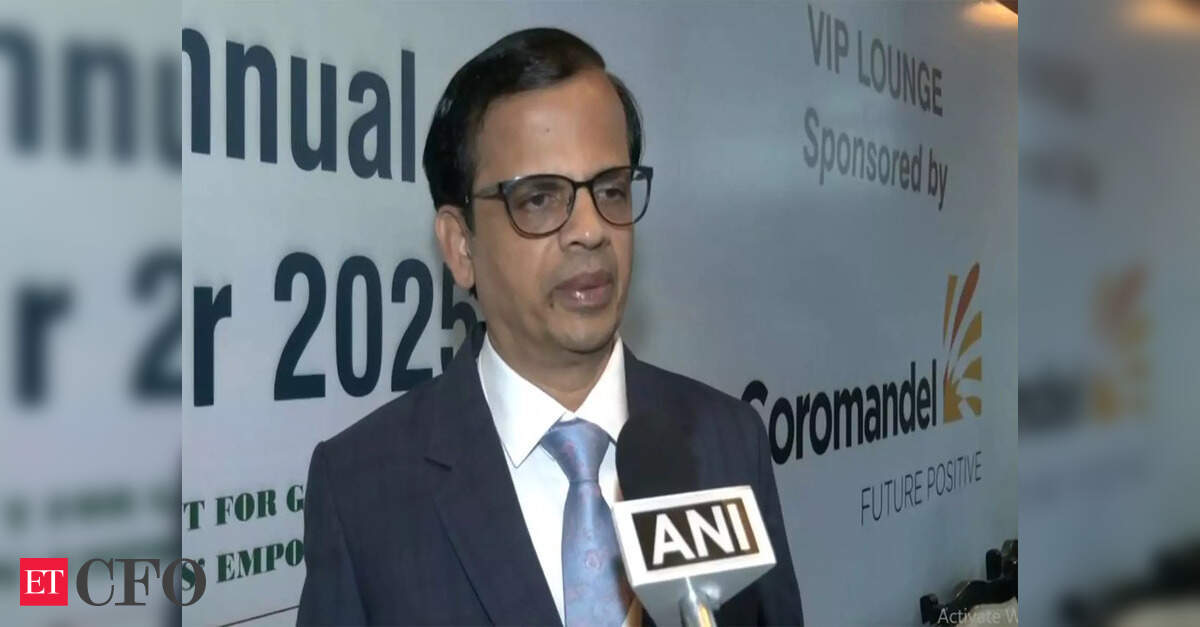Payment of premium on life insurance policies and health insurance policies not only secure your life and give insurance coverage, but also offers certain tax benefits to taxpayers.
The tax benefits are available in the form of deductions under Chapter VIA of the Income Tax Act, specifically under sections 80C to 80U.
To calculate taxable income, the taxpayer needs to deduct the allowable deductions under sections 80C to 80U from their Gross Total Income (GTI), which is the total income earned from all sources.
However, there are certain general rules to keep in mind when claiming these deductions:
- Deductions under Chapter VI-A (sections 80C to 80U) are not allowed from the following types of income: i) Long-Term Capital Gains ii) Short-Term Capital Gains covered under section 111A iii) Winnings from lotteries, horse races, etc., as referred to in section 115BB iv) Income covered under sections 115A, 115AB, 115AC, 115AD, 115BBA, and 115D
- The total amount of deductions under sections 80C to 80U cannot exceed the Gross Total Income (GTI), excluding the incomes mentioned above.
In summary, payment of life insurance premium, health insurance premium, and medical treatment expenses can provide tax benefits through deductions under sections 80C to 80U. These deductions help in reducing the taxable income of the taxpayer, subject to the general rules mentioned above.
Section 80D:
As per section 80D, an individual or a HUF can claim deduction in respect of the following payments:
1) Medical insurance premium paid by assessee, being individual/HUF by any mode other than cash.
2) Any contribution made by assessee, being individual to Central Government Health Scheme or such other Scheme as may be notified by the Central Government.
3) Sum paid by assessee, being individual on account of preventive health check-up.
4) Medical expenditure incurred by assessee, being individual/HUF on the health of a senior citizen person provided that no amount has been paid to effect or to keep in force an insurance on the health of such person
In Whose name Policy to be taken or expenditure to be incurred?
- In case of an individual, deduction is available in respect of medical insurance policy taken in his own name, or in the name his/her spouse, his/her parents and his/her dependent children.
- In case of HUF, the policy can be taken on the health of any member of such HUF.
- Important to note that , Deduction on account of medical expenditure shall be allowed only when it is incurred on the health of the aforementioned persons who are senior citizens who does not have any medical insurance.
‘senior citizen’ means an individual resident in India who is of the age of sixty years or more at any time during the relevant previous year.
Amount of deduction:
(1) In case of an individual, amount of deduction cannot exceed:
a. Rs. 25,000, in aggregate, in respect of medical insurance premium or any payment made for preventive health check-up (). [This deduction is available if payment is made for benefit of assessee, himself or his/her spouse or dependent children]
b. Rs. 25,000, in aggregate, in respect of medical insurance premium or any payment made for preventive health check-up (). [This deduction is available if payment is made for benefit of parents of assessee.]
c. Rs 50,000 in aggregate in respect of medical expenditure incurred on the health of assessee, himself, his/her spouse or dependent children or parents. [This deduction is available if amount is paid for benefit of a senior citizen and no amount has been paid to effect or to keep in force an insurance on the health of such person.]
d. Rs. 50,000 in aggregate in respect of medical expenditure incurred on the health of any parent of assessee.
Mode of Payments:
Payment should be made by any mode other than cash (however, payment on account of preventive health check-up can be made in cash).
Example:
Ram (age 35 years) has made the following payments during the financial year 2023-24:
1) Payment of medical insurance premium on his policy of Rs.12,000.
2) Payment of medical insurance premium on policy of his spouse Rs.2,500.
3) Payment of medical insurance premium on policy of his younger daughter who is dependent on him Rs.1,000.
4) Payment of medical insurance premium on policy of his elder daughter who is self employed and not dependent on him Rs.1,800
5) Payment of medical insurance premium on policy of his parents (resident and aged 65 years), Rs. 15,000 on policy of his father and Rs. 14,000 on policy of his mother. Both are dependent on brother of Ram.
6) Payment of Rs. 66,00 towards expenditure on preventive health check-up (for his own check-up and check-up of his wife). Advice Ram regarding the admissible deduction under section 80D for the year 2023- 24
Solution:
1) Medical insurance premium on his policy of Rs. 12,000 will qualify for deduction.
2) Medical insurance premium on policy of his spouse of Rs. 2,500 will qualify for deduction. 3) Medical insurance premium on policy of Rs. 1,000 of his younger daughter who is dependent on him will qualify for deduction.
However, premium of Rs. 1,800 on policy of elder daughter who is not dependent on him will not qualify for deduction.
4) Medical insurance premium on policy of his parents of Rs. 29,000 will qualify for deduction (being Senior Citizens).
5) Expenditure on preventive health check-up will also qualify for deduction, but, it will be restricted to Rs. 5,000 only (as the overall limit of deduction under section 80D in respect of assessee and his family cannot exceed Rs. 25,000 and for preventive health check up limit is Rs.5000/- and also preventive health check up to part of overall deduction of Rs.25000).
Thus, total deduction under section 80D will amount to Rs. 15,500 on account of expenditure on premium paid in respect of his own health, health of his spouse and dependent daughter and Rs. 29,000 in respect of premium paid on policy of his parents. Deduction on account of expenditure on preventive health check-up will be Rs. 5,000.
Total deduction under section 80D will amount to Rs. 49,500 (Rs. 15,500 + Rs. 29,000 + Rs.5,000).
Read our other articles on more deductions
Now Let’s understand Medical Expenses deduction given to senior citizens through an example:
Mr. Janak (age 63 year) do not have any medical insurance and he spent Rs.32000 on his medical bills in the FY 2023-24.
Also his wife Mrs. Janak have medical insurance policy for which premium is paid Rs.7000/- and her expenditure on medical treatment is Rs.15000 for FY 2023-24
What will be the admissible amount u/s 80 D for Mr.Janak
Solution:
Mr. Janak can claim Rs.32000 as deduction for expenditure on medical treatment for himself and Rs.7000 of his wife, here he cannot claim deduction of Rs.15000 against medical expenditures of his wife as she is having medical insurance policy,
So Total deduction allowed u/s 80D is Rs.39,000 (Rs.32,000 + Rs.7000)
Join our Practical GST Course:
with lifetime validity: https://cagurujiclasses.com/courses/gst-course-2022/
With limited validity: https://studywudy.com/courses/gst/
Join our Practical Income Tax, ITR & TDS Course:
with lifetime validity: https://cagurujiclasses.com/courses/practical-course-income-tax-itr-tds/
With limited validity: https://studywudy.com/courses/incometax/



